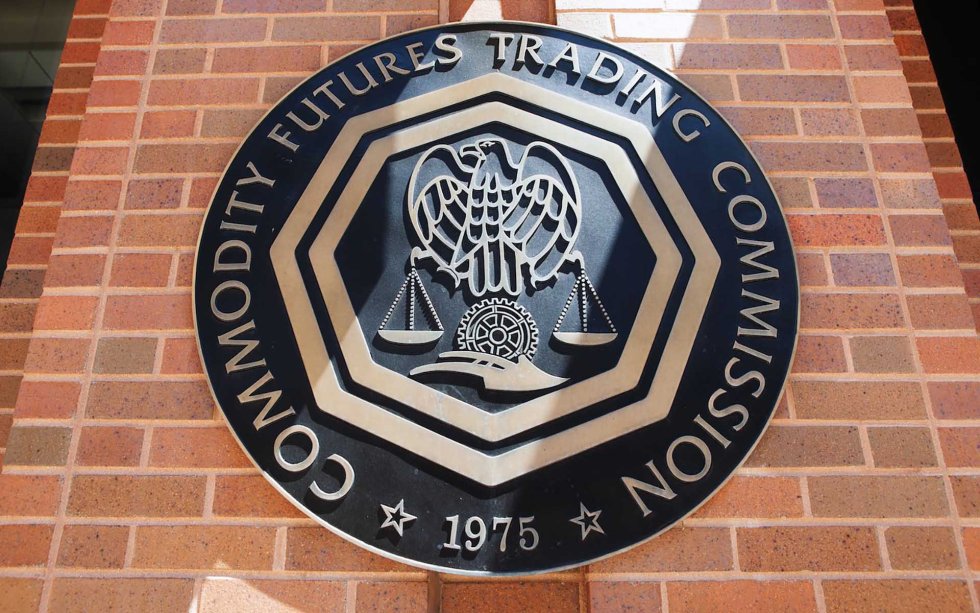The U.S. Commodity Futures Trading Commission (CFTC) now allows its employees to trade Bitcoin and other digital assets. Moreover, CFTC’s Chairman J. Christopher Giancarlo recognizes that Bitcoin can no longer be ignored and that cryptocurrencies offer both significant challenges and opportunities.
CFTC Authorizes its Employees to Trade Bitcoin
As reported by Bloomberg, CFTC, the chief U.S. commodities regulator, is now allowing its employees to invest in cryptocurrencies. The agency granted this authorization after CFTC employees sent numerous inquiries about investing in cryptocurrencies.
The U.S. Securities and Exchange Commission (SEC) already allows its employees to trade Bitcoin.
However, experts in government ethics remain uncertain about whether CFTC employees should be allowed to trade cryptocurrencies. Some fear that allowing CFTC employees to invest in crypto assets might affect their job-related decisions.
Regarding overseeing Bitcoin trading, CFTC’s jurisdiction is as follows:
The U.S. Commodity Futures Trading Commission’s (CFTC) jurisdiction is implicated when a virtual currency is used in a derivatives contract, or if there is fraud or manipulation involving a virtual currency traded in interstate commerce.
Therefore, to minimize conflicts of interest or even their appearance, CFTC’s ethics guidance states explicitly that CFTC employees can trade cryptocurrencies, as they would any other commodity, provided they do not buy them on margin and do not use inside information obtained through their jobs.
CFTC has determined that cryptocurrencies, such as Bitcoin, are commodities under the Commodity Exchange Act (CEA).
CFTC Chairman Acknowledges that Bitcoin is Here to Stay
CFTC is putting another stamp of approval on cryptocurrencies by allowing its employees to invest in cryptocurrencies. A few months ago, CFTC launched Bitcoin onto the mainstream financial stage when it gave the go-ahead for Bitcoin futures trading. As a result, on December 18, 2017, the Chicago Mercantile Exchange Group (CME) started trading Bitcoin futures.
Authorizing employees to trade cryptocurrencies reflects CFTC recognition of Bitcoin’s legality and growing importance in the financial markets.
Christopher Giancarlo, CFTC Chairman, regarding cryptocurrencies recently emphasized that “we cannot ignore them.” He also stated:
They are sweeping us rapidly, day-by-day, hourly, into a new future. And that torrent is bumping up against some of the established frameworks of futures regulation, including the obligation of futures exchanges to ensure that virtual currency futures are not susceptible to manipulation, and of futures clearinghouses to ensure that such products are adequately risk managed.
Cryptocurrency enthusiasts and investors are now more encouraged by CFTC’s recognition that Bitcoin is here to stay. And, as Giancarlo puts it:
This is not the time or place for denial or misunderstanding or personal preference. This is the time for recognition, reflection, and wisdom…a time to set the course for the future….navigating through new waters. Not tomorrow. Today.
What do you think about U.S. regulators allowing its employees to trade Bitcoin? Let us know in the comments below!
Images courtesy of Shutterstock, Drexel University
